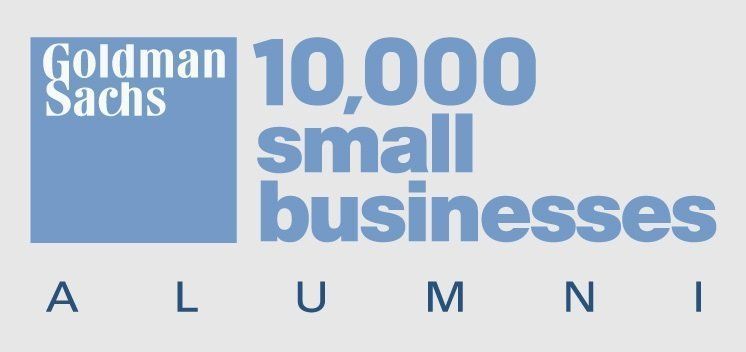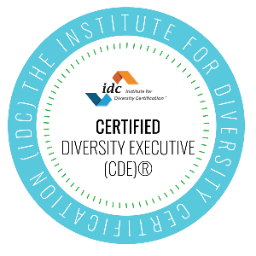The Impact of Economic Inclusion
Recently I had the opportunity to serve as keynote speaker for the Florence Chamber of Commerce Diversity Leadership Summit Luncheon. The topic I was asked to address was the economic impact of diversity and inclusion. Any time I’m given the opportunity to have a voice around the subject of economic inclusion, I always feel this strong sense of responsibility. I’m fortunate in that working in this space affords me the opportunity to be a change agent for something I am incredibly passionate about.
If we can address the economics, we can address a lot of the other challenges communities experience that require systemic solutions, transformative in nature in order to enhance community prosperity. In my delivery, I shared three significant principles that must be exercised to fully embrace and effectively realize the impact of economic inclusion.
- Practice intentionality: There’s only one way I know to do the work of economic inclusion and that’s with a heart of tenacity, spirit of conviction, source of clarity, and most importantly with intentionality . It’s not just busy work, but it’s strategic work with a level of sophistication that can only be achieved by being intentional. In order to fully leverage intentionality, one must believe that the purpose can be fulfilled and that there is a benefit for that in which you are trying to accomplish. Believing there is purpose and a benefit is the prerequisite for exercising intentionality. To put this in perspective, minority businesses in America account for $1 trillion in gross receipts and support almost six million jobs. That is a significant source of economic growth in America. And yet, the average minority-owned firm is still much smaller and has a lower payroll than other businesses, and has a lower chance of success without sufficient support.
- Everyone must invest: Diverse suppliers must invest in themselves and each other. Individuals in the community and corporations must invest in diverse suppliers. The marketplace is extremely competitive. It’s not enough to just know your craft or trade, diverse suppliers must couple that knowledge with critical business acumen to compete effectively. Bold business leaders pair action with knowledge.Bold leaders are prone to action, they apply the same sense of action to learning and due diligence as they do to any other activity. Diverse suppliers must invest in each other and must realize that the ability to protect the full turf is by supporting other WBEs/MBEs. Women and minorities accomplishing success has a leverage effect – when one wins, all win. To the community at large, and concerned citizens who are seeking to in any small way be a part of the solution to foster economic inclusion, you are encouraged to invest as well. Support MBEs/WBEs – refer them if you had a good experience, and if you didn’t, be bold and responsible enough to share that feedback. If they are missing the mark they need to know. If you don’t, you are perpetuating the problem. Be thoughtful about your own spending habits and where you can, be proactive in seeking out a WBE/MBE. To the corporate community, you must expand the way you think about supplier diversity and bring a heightened level of innovation to this work. It’s no longer enough to just have diverse supplier spend goals, but corporations must be thoughtful and realistic about the true issues that cause disparities and work to address those circumstances. The goal should be to determine what is potentially preventing a competitive opportunity for disadvantaged businesses and work to remove those barriers.
- Communicate the importance of the work of economic inclusion. I can appreciate the impact economics has on so many other important social, community, and society issues. We cannot afford to ignore key sectors of the business community, especially considering the vast changes in the demographics upon us where we are moving to a point where America will not have a racial majority. We need to salute WBEs/MBEs and keep telling the success stories and why economic inclusion matters. WBEs and MBEs are effective engines for wealth creation and job creation. Communities that are intentional in creating opportunities for all members of the business community are more cohesive, vibrant, safe and healthy cities. This in turn builds communities that are attractive to individuals and businesses involved in the creation of new ideas, products and services. And, it builds a more inclusive business community which attracts talent, corporations to the area. So you see, the results are far-reaching than just one successful business. And, this is why we must never get weary in telling the story of the importance of economic inclusion. We must communicate on this topic and communicate on it often.















